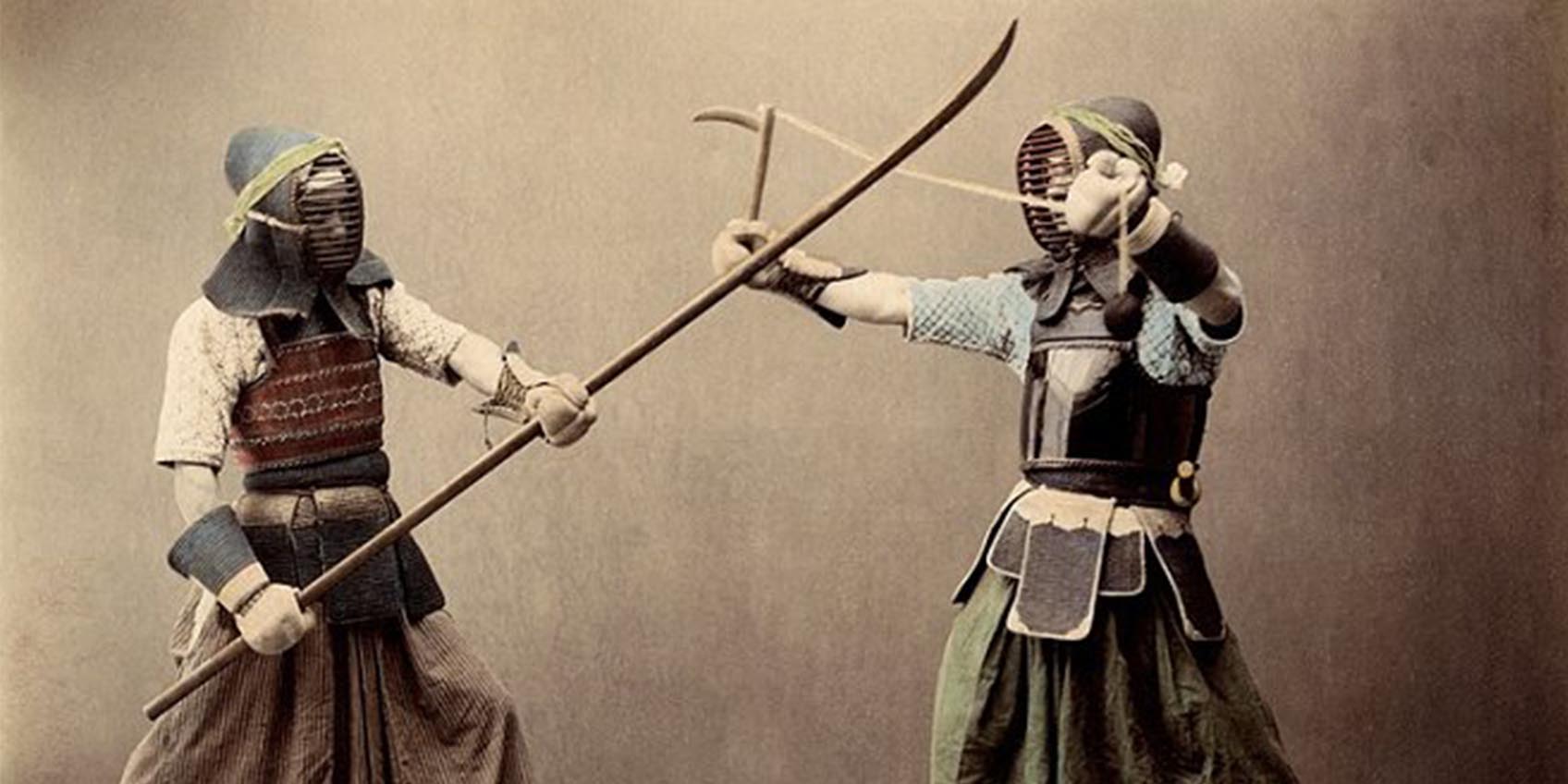The Naginata: A Traditional Weapon with Wide Reach and High Impact

Long Sword Samurai: The Naginata – A Traditional Weapon with Wide Reach and High Impact
The art of wielding the naginata in Feudal Japan focused on its long blade and versatility, offering both wide reach and high impact, often crafted from durable carbon steel, making it a formidable weapon alongside the Japanese katana.
The Naginata is a traditional Japanese pole weapon that combines the reach of a spear with the cutting power of a sword, making it a formidable weapon on the battlefield. The blade, similar to a katana but mounted on a long pole, allows for sweeping strikes and high-impact attacks. Its design ensures that it can be used effectively against opponents with swords, offering both defense and offense.
With a central ridge for enhanced strength, the blade is often made of high-quality steel. The sword anatomy includes a strong blade with a part of the blade that tapers towards the tip for precision strikes. The opponent blade is deflected with ease, thanks to the Naginata’s long reach and sharpness. The pole is usually made from wood, and wire wrapping around the grip provides a secure hold. Unlike the Roman gladius, the Naginata’s blade is designed for cutting and thrusting, making it a versatile weapon in close and medium-range combat.
The Naginata is a traditional Japanese weapon known for its wide reach and high impact. It features a long, curved blade mounted on a wooden shaft, giving it a unique advantage in combat. As one of the oldest types of Japanese weapons, the naginata was used by samurai, monks, and warriors for both defense and offense. Its design allowed for powerful sweeping strikes, making it especially effective against mounted enemies. Over time, the naginata evolved, becoming a symbol of honor and skill. Today, it remains a revered weapon in martial arts, maintaining its historical significance.
Parts of Sword
The Naginata features key parts similar to traditional swords: a cutting edge for swift strikes, a handle for control, and a scabbard to protect the blade when not in use. This weapon’s unique design and high-impact power made it an essential tool for samurai and warriors throughout Japan’s history.
What is a Naginata?
The naginata katana, known as the long sword or brow-tipped sword, is a traditional Japanese weapon with a wide, curved blade on a pole. Warrior monks initially used it to guard temples during the Nara and Heian periods, showcasing its impressive performance.
However, from the late Kamakura period to the Muromachi period, it became the primary weapon on the battlefield. During the Ōnin War, spears replaced it because it was not effective for close combat.
During the Edo period, there was a period when the carrying of naginata was prohibited for Japanese warriors by the Tokugawa shogunate. The prohibition targeted 'large naginata,' causing difficulties for the inheritance of the martial arts associated with the weapon.
Therefore, the naginata as a 'must-learn martial art for samurai women' survived. Influenced by this, the women's martial art 'female naginata' appeared as a professional school. From the Taisho era to the end of World War II, naginata-jutsu, as women's bushido, was called 'なぎなた' (naginata), and it is also very popular as a modern competitive event.
Advantages
* It has both a broad and long attack range.
* Its damage is higher than that of a katana but lower than that of a halberd.
* It can be used to inflict a large amount of damage on an entire team at once.
* It can destroy ammo boxes at the same speed as a hammer.

Drawbacks
* Its attack time is long.
* It is relatively rare and may not always spawn.
* As it is a polearm, it is difficult to hide when wielded.
* Being a rare weapon, enemies may be attracted to it.
* The handle part does not cause damage when swung.
Strategy
* The use strategy of the naginata is similar to that of the katana, except that this weapon has a longer attack range, higher damage, and slower attack speed.
* In close combat, the naginata's wide attack range allows you to hit enemies even when they can't hit you, making it its greatest advantage. Additionally, facing an unarmored enemy, you only need two hits to kill them.
* This weapon is also handy outdoors, especially when enemies try to get close for a quick attack. Simply draw the naginata and engage in battle, as your chances of winning are relatively high.
The Versatile Battlefield Weapon of Japan
The naginata is a traditional Japanese weapon that combines the reach of a spear with the cutting power of a sword. Its curved blade and long pole made it ideal for foot soldiers (ashigaru) and warrior monks (sōhei) during the Kamakura period. The wide reach allowed warriors to strike enemies from a safe distance, and its sweeping attack could hit multiple opponents at once.
Role in Warfare
During the Muromachi period, the rise of spears (yari) and mass infantry pushed the weapon out of primary use on the battlefield. However, it remained a powerful tool for individual warriors, especially in situations where large groups were not involved.
From Weapon to Martial Art
As warfare evolved, the weapon found a new purpose. In the Edo period, it became a crucial part of training for samurai women, symbolizing strength and discipline. This led to the development of naginata-jutsu, a martial art that continues to be practiced in modern Japan.
Legacy and Modern Use
Today, the naginata is still a respected martial art, practiced both as a sport and as a way to preserve traditional Japanese combat skills. Its symbolism as a weapon of grace and precision remains a link to Japan's warrior culture.
Hand-Forged Japanese Naginata Sword 1095 Steel Clay Tsuba Made Of Hardened Brass

At some events, fans demonstrate their swordsmanship skills, paying tribute to anime's legendary battles. Conventions even hold swordsmanship competitions, letting enthusiasts showcase their passion and creativity with these iconic weapons. Certain anime weapons hold special significance for fans, influencing anime swordsmanship and sparking interest in related merchandise. Celebrations at various anime events further boost their popularity. These weapons symbolize strength and courage, leaving a lasting mark on the anime world.
